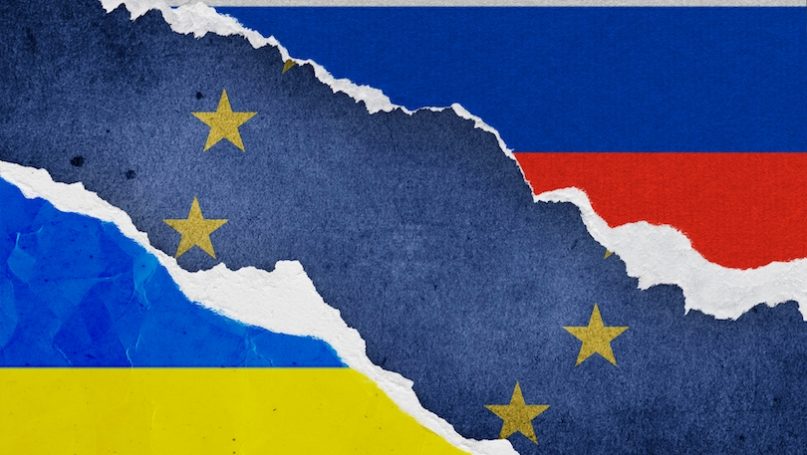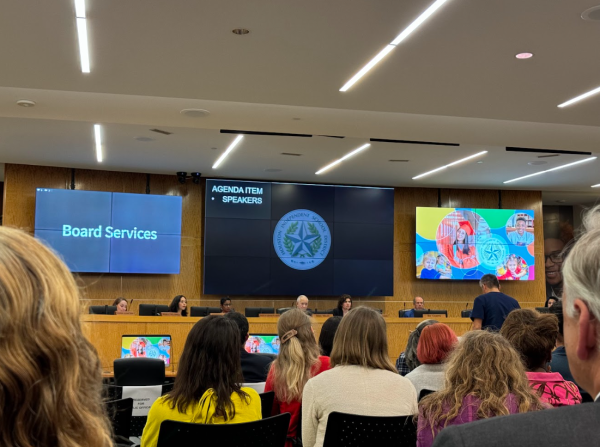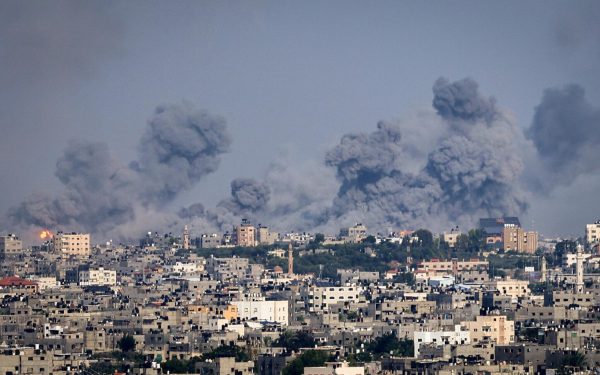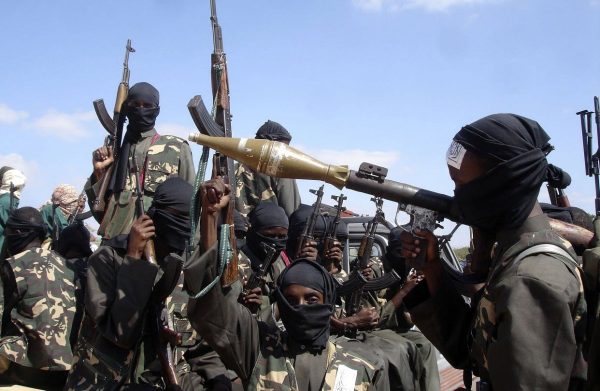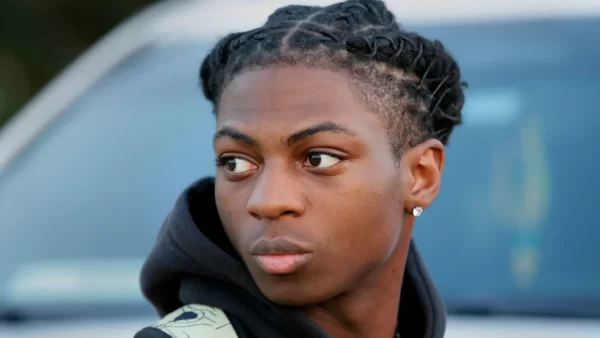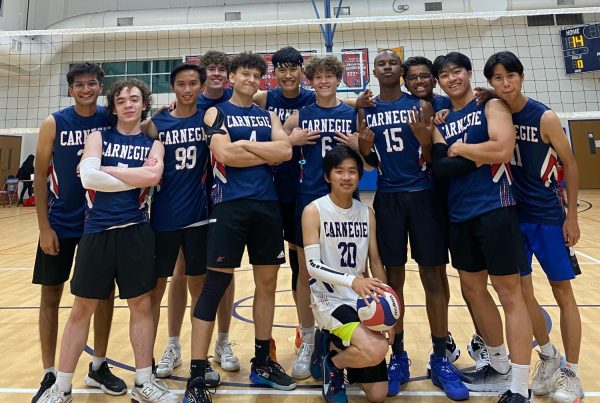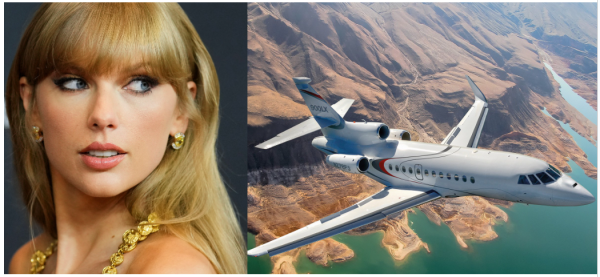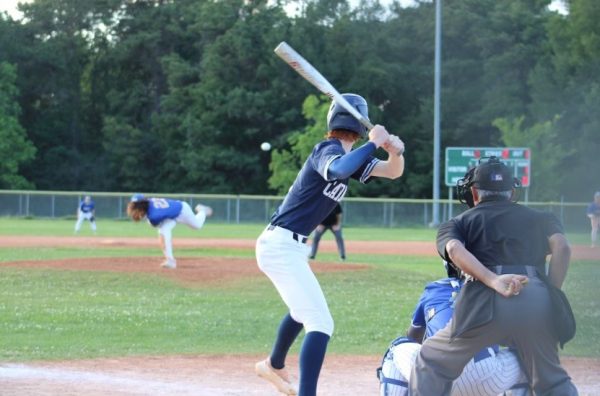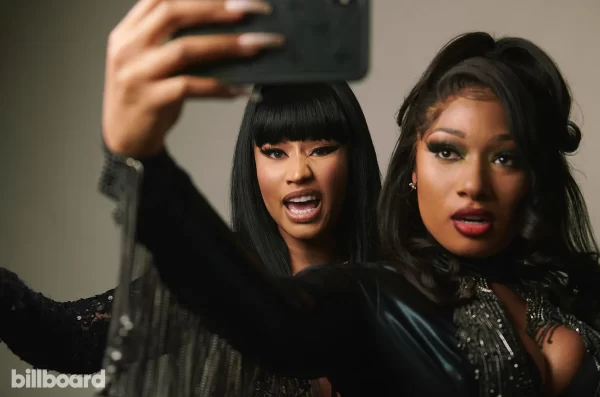Russian staff and students on campus distressed for family members in both Ukraine and Russia
Violence escalates in Russia’s aggression against Ukraine as two-thirds of the country are now refugees and casualties exceed 1,200.
The families of ethnically Russian students and staff on campus are caught in the midst of a conflict, caught between family ties to both Russia and Ukraine, caught between Russian and other countries’ media coverage of the war, caught between their loyalties to their country and to their sense of morality.
On Thursday, February 24, 2022, Ukraine was first attacked by Russian missiles and a long-range of artillery. As of early March, the attack has resulted in 1207 civilian casualties, with 406 being killed and 801 others injured. According to the UN, approximately 2,011,312 Ukrainian civilians were forced to leave their families and flee to surrounding countries such as Poland, Romania, Slovakia, Hungary, and Moldova for safety.
“I, personally, am extremely upset that all of this is happening because, historically, Russia and Ukraine have been one,” said CVHS senior Peter Jackson.
Following the collapse of the Soviet Union in 1991, Ukraine voted for its independence, and a majority of its citizens were in support of its sovereignty. Since 2008, Ukraine has sought NATO membership to protect its security and freedom. However, Russia has been opposed to this and in late 2021 started placing troops near the Russian-Ukrainian border to push NATO to stop military activity in the Eastern-European zone and prevent Ukraine from joining the organization.
The war is splitting up families that reside in both Russia and Ukraine. Since both countries used to be one, 2.6 million Ukrainian citizens live in Russia and 49 percent of Ukrainians say they have relatives in Russia.
“My family in Ukraine are in Kyiv, but we don’t have any form of contact with them. Personally, I’m just worried about my family since they live close to Ukraine. I’m also concerned that this conflict won’t mitigate anytime soon leading up to my cousin being drafted into the Russian military once he turns 18,” said CVHS senior Alisa Nance.
As the conflict unfolds, updates on the situation have been covered by the media worldwide.
“The media’s portrayal of the conflict differs greatly in different countries. My cousin told me that Russian news claims that Ukraine is the aggressor while here in the US we know that Russia is the one actively invading Ukraine,” said Nance.
However, Russian authorities have been actively censoring their news by threatening to fine or block media outlets that speak out on the conflict.
“They’re censoring all social media: Facebook, Twitter. They’re all running sluggish right now. The news has been pretty much written by Putin. Anybody who wants to actually give out real news is under threat of death,” said CVHS English teacher Maxim Ostrovsky.
Many Russians have taken a stance against Putin’s agenda. About 5,000 anti-war protests erupted across various cities in Russia, but were soon shut down as more than 4,640 protesters were detained by police.
“As somebody that does get identified as Russian and many Russians in Russia are very much against what’s going on. There’s absolutely no reason and, matter of fact, Russian soldiers themselves aren’t even being told what they’re doing there and why,” said Ostrovsky.
As the conflict escalates, the US began placing economic sanctions on Russia as a way to deter Putin from continuing his military advancements. These sanctions aim to target Russian banks, oligarchs, and state-controlled companies. Nonetheless, many express that these penalties will come at the expense of the Russian citizens.
“I have mixed opinions on the sanctions placed on Russia. Originally, they were placed to force Putin to back down in fear of Russia’s economy plummeting. Unfortunately, Putin is still pushing forward with the invasion, which negatively affects the Russian people. Right now, the conversion rate is 102 Russian rubles per US dollar. When I was in Russia last summer, the conversion rate was 68 rubles per dollar. This goes to show just how bad the market is right now and how that will affect most Russians since the majority of Russians are considered to have low income,” said Nance.
The US and European Union are seeking to impose harsher sanctions including the removal of Russia from SWIFT: the Society for Worldwide Interbank Financial Telecommunication, a financial messaging service used by banks for international transactions, in hopes that the Russian regime can no longer finance its war.
“Right now, I think the only choice is to impose harsher sanctions or anything that will force Putin to back down,” said Nance.
However, others fear that this financial restriction could hurt the groups that depend on Russia’s resources.
“I’m concerned about some of the sanctions that have been put on Russia, even the SWIFT sanctions, which are even more extreme because much of Europe depends on Russia for wheat. The United States depends on Russia for oil. And with China, taking sort of a neutral stance, you know, kind of not getting into it. It feels like the entire world right now is kind of rallying against Russia. My worry. My fear is how long could the fact that people are dependent on Russia let them get away with this,” said Ostrovsky.
Although military interventions could lead to large-scale war, many hope that the US and the European Union can assist the people of Ukraine.
“If other countries, other than those in NATO intervene by sending troops, I believe it will just escalate the war. I also think other countries should attempt to provide as much aid as possible to the Ukrainian people,” said Nance.
Others would like to see non-economic responses to push Putin to end this conflict.
“I expressed my concerns with the sanctions. But what I do like is that I’m hearing from the US and others in other parts of the world. The drawback of not increasing government sanctions by actual businesses like for example, Apple pulling Russia or the International ice skating community has kind of kicked out Russia and others. So I’d like to see more non-direct economic sanctions because I feel that my fear is that the country would cave too soon. But if there are companies that are willing to give up a whole country as an economic source, I think that it puts things in the right direction because that’s what’s gonna work the most,” said Ostrovsky.
Overall, at CVHS, sentiments against the ongoing war and a hope for peace were shared.
“I pray every day that this sweeps over as soon as possible and that there will be peace between the two nations once more,” said Jackson.
Below are links to help the Ukrainian people:
UNICEF: Children in Crossfire of Ukraine Crisis
Your donation will support the student journalists of Carnegie Vanguard High School. Your contribution will allow us to cover our annual website hosting costs and fund field trips, competition fees, and equipment. We appreciate your support!
Hi! My name is Nour Chibani. I am a senior who enjoys debating, writing, and singing.


